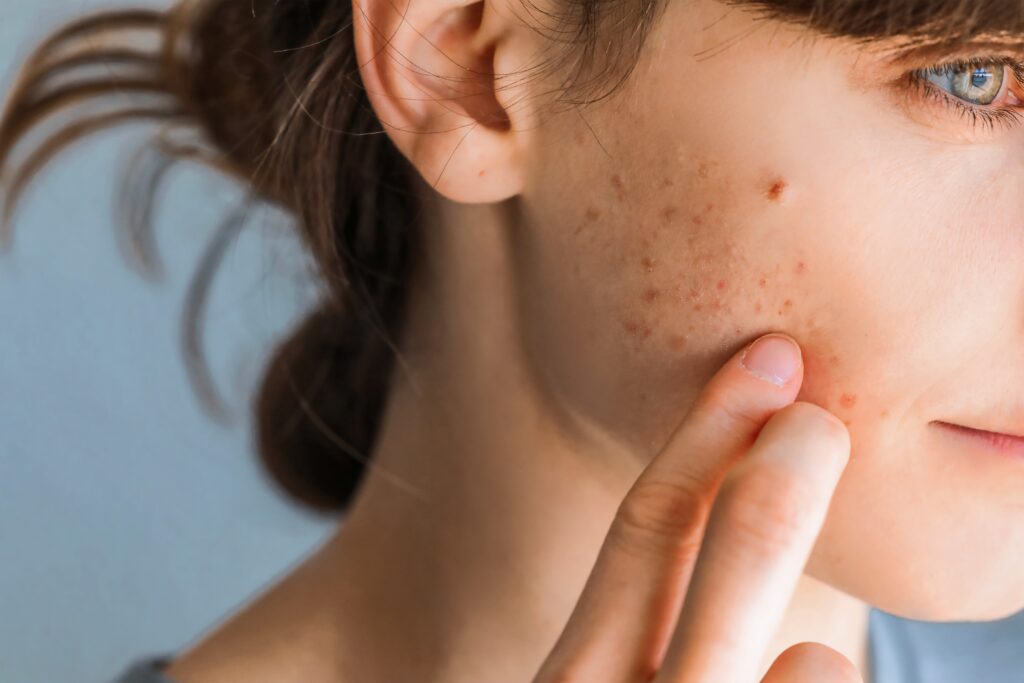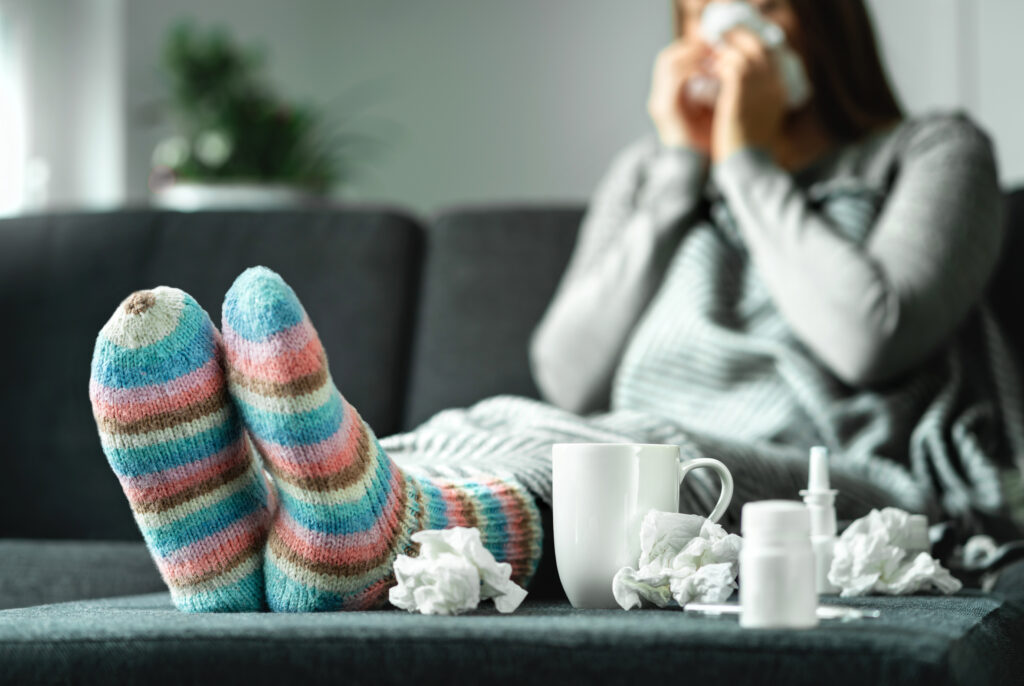Starting your journey as an international student in Australia is an exciting adventure with new opportunities at every turn. As you navigate all the changes, you might encounter a common but unwelcome travel companion: adult acne.
While this may be a part of your experience, it’s important to remember that it’s a temporary and manageable one. And amidst adjusting to this change, let’s set the record straight: real skin isn’t flawless. Despite the illusion created by social media filters, it’s normal for skin to have texture. Adult acne is just a bump in the road and doesn’t diminish your journey or your beauty.
Adult acne can be caused by many things like hormone shifts, stress, and getting used to a new way of life, which are all part of settling into a new country. Understanding these triggers is the first step toward managing them. We’re here to offer tips and support to keep your skin as healthy as possible while you embrace your new life in Australia.
Acne 101: Understanding the different causes
Adult acne has a few possible causes, and understanding how acne starts will allow you to adjust your lifestyle to address any triggers in your new environment.
Hormonal changes and stress
You may experience some hormonal changes when you move to a brand new country due to a disruption of your circadian rhythm. Stress, which often comes with big life changes, can also make these hormones worse and increase the amount of oil your skin makes. This extra oil can mix with dead skin cells and clog pores, creating an environment where bacteria can thrive, leading to acne breakouts.
Environmental triggers and lifestyle changes
Moving to another country can be hard on your body – it’s not used to the climate, the food or even the way of life! Changes in diet, exposure to different air, and adjustments in daily habits can also contribute to adult acne.
Genetics
Some people have a genetic predisposition to acne. If your parents or close relatives had acne, you may be more likely to experience it as well.
Skin vs. Aussie Climate
Australia’s climate, known for its intense sunlight and varying humidity, can significantly impact skin health. The increased exposure to UV rays may lead to skin inflammation, making acne flare-ups more common.
To combat this, it’s important to prioritise UV protection. Choose broad-spectrum sunscreen with a high SPF rating (50+ or higher), wear protective clothing, and seek shade during the middle of the day.
Using lightweight, non-comedogenic skincare products that suit the climate can also help prevent pore blockages.
Your acne battle plan: Practical tips
Looking after your skin while adapting to student life in Australia can be manageable with a few practical tips:
Firstly, maintaining a consistent skincare routine is key. Keep it simple but effective: cleanse, moisturise, and apply sunscreen daily. Look for skincare products labelled “non-comedogenic” or “oil-free” to avoid clogging your pores.
When selecting skincare products, consider those with acne-fighting ingredients like benzoyl peroxide, glycolic acid, or retinoids. Make sure to introduce new products slowly to prevent skin irritation.
Look for fragrance-free products, as fragrances can sometimes trigger sensitive skin. Maintaining a healthy lifestyle with a balanced diet and regular exercise can also positively impact skin health.
Most importantly – drinking plenty of water is essential to keep your skin hydrated, especially in the drier Australian climate.
Acne treatment in Australia: Seeking help and support
If you find your acne just won’t go away or starts to get worse, we recommend seeking professional help. Australian universities often have healthcare clinics where you can ask for advice and treatment for your skin concerns.
Health professionals can provide tailored guidance and treatment options, which might include topical treatments, oral medications, or procedures like laser therapy.
Accessing support services, such as counselling for stress management, can also be beneficial. Mental health and stress can directly impact acne, and maintaining a healthy mindset will help you to manage it effectively.
Your Overseas Student Health Cover (OHSC) generally covers visits to the doctor and some prescription. Take a look at your insurance to make sure you know what services you are entitled to.
Remember, patience is key and achieving clear skin takes some time and consistency. Good luck as you begin your skincare journey!





